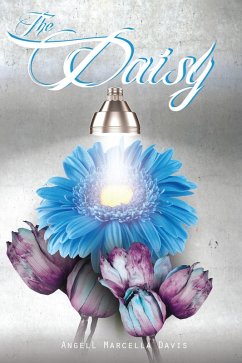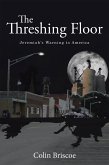In "Awful Disclosures of the Hotel Dieu Nunnery of Montreal," Maria Monk draws back the veil on the cloistered life within a Montreal convent in the mid-19th century. Through a confessional narrative steeped in sensationalism, Monk reveals harrowing accounts of enforced silence, illicit activities, and the moral dilemmas faced by women within the religious institution. The book serves as both a personal memoir and a poignant critique of Catholicism, situating itself within the larger context of anti-Catholic sentiment that characterized the period. Written in a vivid, accessible style, it employs a first-person perspective that immerses readers in the emotional turmoil and shocking revelations of the convent life. Maria Monk, a former nun, penned this exposé after her escape from the Hotel Dieu Nunnery, driven by a desire to share her harrowing experiences. Monk's background as a deeply religious woman who became disillusioned with convent life provides a critical lens through which readers can examine the underlying social and religious structures of her time. Her work reflects not only personal trauma but also broader societal conflicts concerning gender, faith, and authority within the Victorian era. "Awful Disclosures" is essential reading for those interested in women's studies, religious critique, and the intersections of personal testimony with historical narratives. Monk's courageous revelations challenge readers to confront the darker aspects of religious institutions and advocate for transparency and reform. It is both a fascinating historical artifact and a profound inquiry into the struggles faced by women in oppressive environments.
Dieser Download kann aus rechtlichen Gründen nur mit Rechnungsadresse in A, B, BG, CY, CZ, D, DK, EW, E, FIN, F, GR, HR, H, IRL, I, LT, L, LR, M, NL, PL, P, R, S, SLO, SK ausgeliefert werden.









